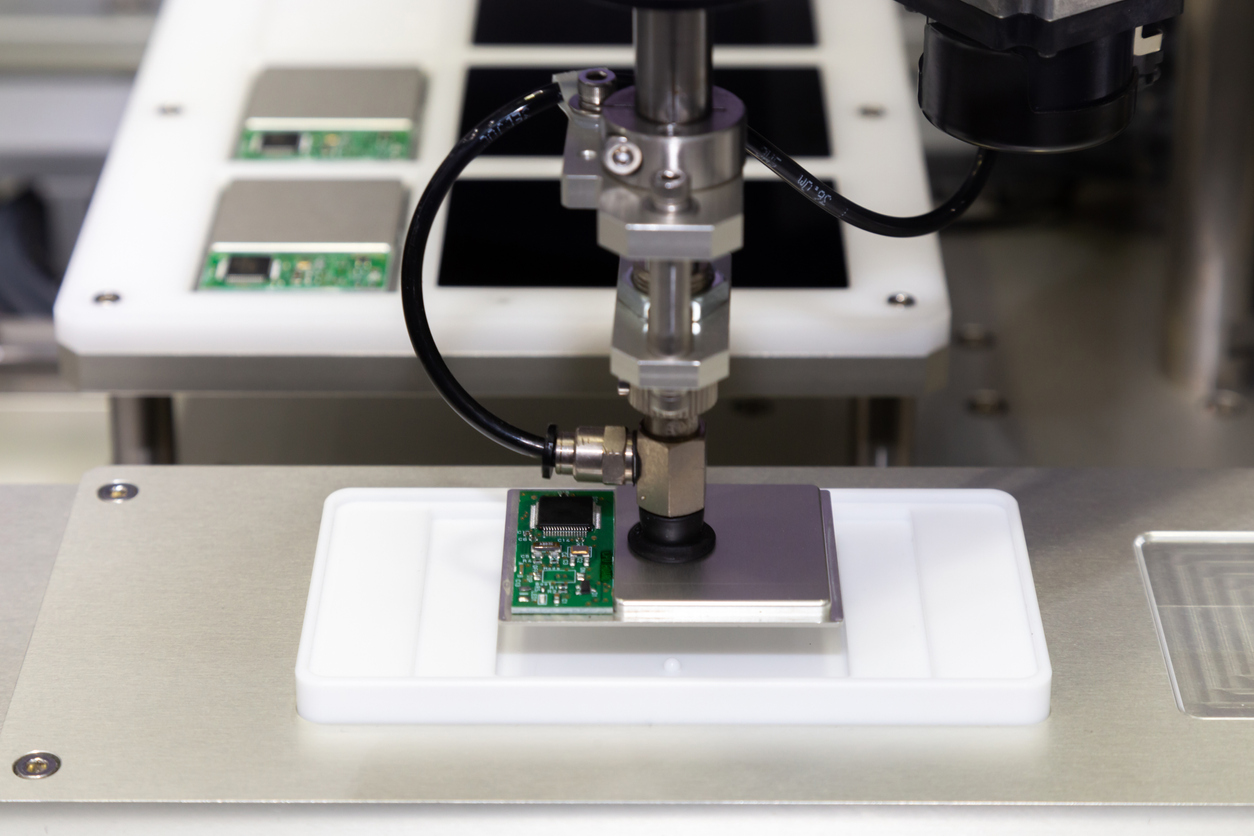
Taiwanese co, Tata Electronics to invest over ₹6,800 cr in TN cellphone facilities
In a strong boost to India’s ‘Make in India’ programme, a Taiwanese company and Tata Electronics have decided to make separate investments in Tamil Nadu to make cellphones and its spares.

In a strong boost to India’s ‘Make in India’ programme, a Taiwanese company and Tata Electronics have decided to make separate investments in Tamil Nadu to make cellphones and their spare parts.
The Tamil Nadu government issued a statement recently announcing that Taiwan’s Pegatron Corporation will put in ₹1,100 crore to make cellphones in the state.
Meanwhile, Tata Electronics will invest ₹5,763 crore for making cellphone spares.
Besides, Sun Edison with ₹4,629 crore investment for manufacturing of solar PV modules and Ola Electric — with ₹2,354 crore investment for manufacturing electric vehicles, batteries are the other major companies that have shown an interest to set up plans in Tamil Nadu.
Also read: Reliance to shake up low-cost smartphone market
The Taiwanese company’s investment can be seen as India’s success in getting world’s major cellphone assemblers in reducing their dependence on China after the COVID pandemic and manufacturing in India instead.
In October last year, India gave a green signal to 16 companies under its Production-Linked Incentive (PLI) programme.
The scheme was launched with the objective of making India self-reliant in the manufacturing sector. The government realised during the pandemic that India’s extreme supply chain dependence on China to keep its digital economy running was proving counter-productive. Hence, it felt the need for the production-linked incentive scheme.
Also read: BSNL cancels 4G tender after DoT says no to Chinese telecom gear: Source
Initially, the scheme was limited to cellphones and niche electronic components. However, the benefits have since been extended to solar photo-voltaic modules, computer hardware, telecom, medical devices and network products.


